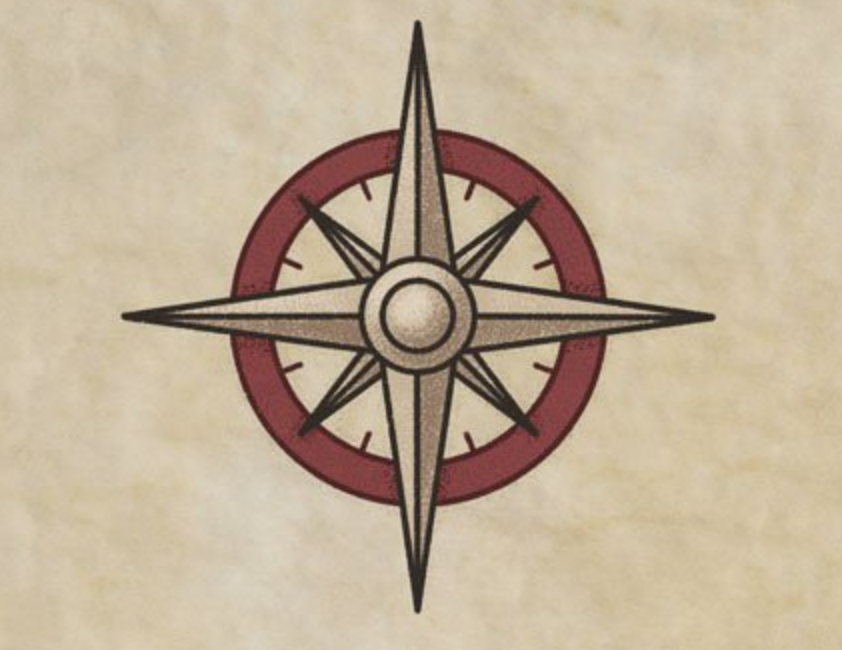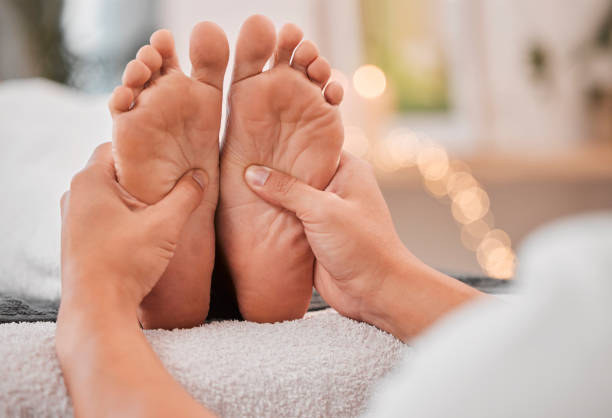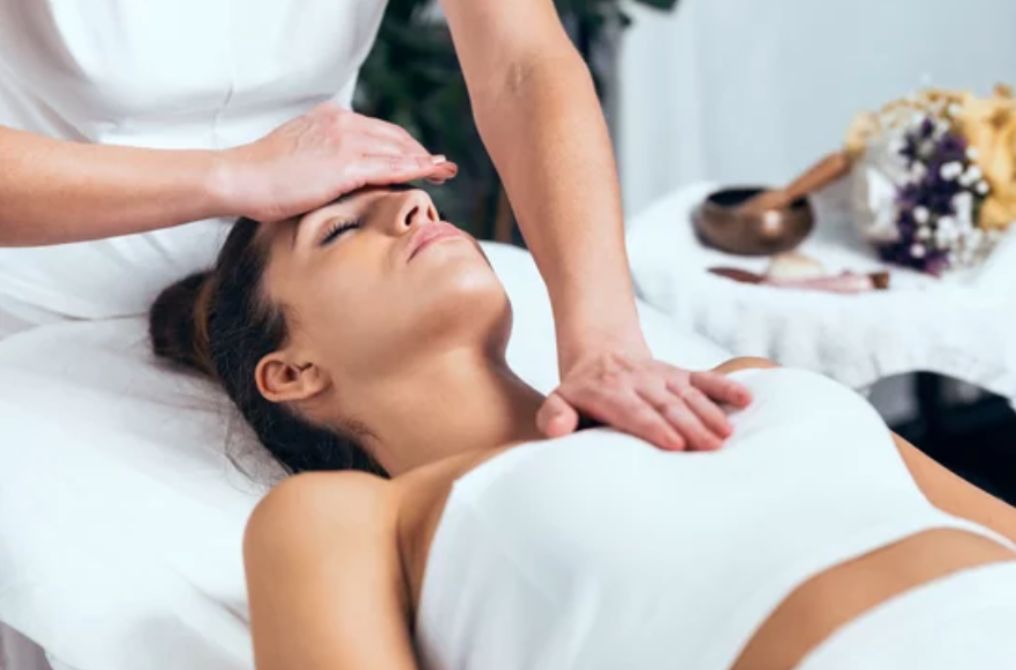Entering the New Year with clarity and purpose
by Elisa
Happy new year! How many times have you heard this phrase over the past week? What feelings and emotions does it bring up in you? Excitement for what is to come? Relief that the old year is ‘done’? Uncertainty about what the future holds? Guilt that you didn’t keep last year’s resolutions?!
This blog looks at why the start of a new year can sometimes feel challenging and suggests tools to help you find balance and effectively plan for the coming year without the need to make ‘new year’s resolutions’!
The challenge of a new year.
For some a new year brings a sense of possibility and excitement while for others it can be a time of uncertainty, concern and anxiety. Experiencing one or a combination of these feelings is normal at times of change.
The quietness of the first few days of January sit in contrast to the activity and distraction of the lead up to the festive season. The early January pause before routines restart tends to bring self-reflection, which can be uncomfortable, especially if the year has been challenging. During this quiet time notice whether you are seeking distraction and avoiding your thoughts and judgements about the year just past. If you are, that is OK, but perhaps consider the benefits of reflecting on what has been for any useful lessons that would be useful to take forward into the coming year.
Along with the discomfort of reflection may come an anxiety about how the year ahead will unfold. A perceived pressure and expectation to proclaim our goals and resolutions for the new year and achieve them all successfully can create a sense of overwhelm and ‘freeze’ if we don’t know how to effectively navigate this time. Again, it is OK to feel anxiety but notice whether you are avoiding thinking about the year to come, and consider how your feelings might change if you slowed down to a pace that is right for you and got clear on your future priorities in your own time?
Experiencing challenging feelings can contribute to a not-so happy new year, but using this time to take stock and some control of our thinking rather than distract or avoid may be worth exploring.
Tools for entering the new year.
Taking control of our feelings requires action. Planning and visioning for the new year is not the same as making resolutions. It is a self-enquiry into what is calling your body and mind at this time and can be essential for generating a sense of peace and purpose. Regardless of whether you welcome the new year in eager anticipation of the unknown or feel the need to define your goals and activities for 2025, the YearCompass tool can be a useful guide. The exercise is rather ‘heady’ and intellectual so it can help to remain connected to our bodies during the process to ensure that we ‘hear’ the guidance from our intuitive or felt sense. Embodiment practices such as yoga, pilates and therapeutic treatments help us to maintain this connection.
YearCompass
This annual exercise was developed by a group of friends in 2012 and has grown into a global movement. The exercise is a two-part process of firstly, reflecting on the year just passed, and then visioning and goal setting for the year to come. The process provides a structure to help us recognise and acknowledge our achievements and give shape to the coming year and our vision of the life we want to experience.
Completing the process is a very different experience from setting resolutions, which can be based on external expectations, rather than a reflection of your own inner guidance and life purpose. A free booklet can be downloaded at https://yearcompass.com to help you in this process.
Therapeutic Support
Holistic therapies can be extremely effective in providing supportive self-care that helps to balance and calm our nervous systems. In particular, reflexology and reiki are recognised as therapeutic tools that are effective in generating a sense of connection and feeling centred.
As you harness the energy of this time to reflect and vision, consider the support of these therapies to help with connection to yourself, your inner wisdom and what you truly need for 2025.
Reflexology treatments promote the body’s natural ability to heal. Each of the body’s systems are mapped out on the soles of the feet and a session involves following this map to ensure each system is addressed in turn, creating a sense of equilibrium within the body.
A reiki session provides a sense of balance by aligning the subtle energy body and provides a deep sense of connection to ourselves, often allowing access to knowledge of the deepest needs and desires of our soul, which can be assistive during the process of getting clear on our priorities for 2025.
Keep doing what works.
With experience and guidance we learn what we need to maintain our sense of well-being in times of change. The basic requirements of good physical and mental health include, but are not limited to:
To support your transition into the new year, keep up with those practices that you know help you to stay mentally, emotionally and physically healthy. Consistently engaging with the activities and community that supports your wellbeing is a great basis from which to tackle any of life’s challenges.
Consider reflecting on the domains above as part of your YearCompass process. If you have a regular exercise practice, but you could use some help with diet and nutrition, consider adding this as a goal for 2025. If you found last year challenging because you needed more help and support, perhaps consider who you could ask to support you in 2025.
Embracing the new year.
Ultimately, we all choose how to approach times of challenge and change. Taking control rather than using avoidance and distraction, getting clear about our own needs and desires, and calling in support are all ways that may work for you. During the quiet of early January, perhaps reflect on a time in your life when you felt prepared, clear and purposeful about change and embraced it. This may provide some insight into any adjustments you might choose to make as we enter 2025.
If you need help to find the right practices, get in touch and we will be happy to support your wellness journey.
10% introductory discount on all Reiki & Reflexology treatments for the month of January!
Elisa is a fully qualified and insured holistic therapist; she gained her diploma of reflexology in 2003 and was recognised as a reiki master / teacher in 2009. Elisa has gained extensive experience from working with a range of patient groups, including developing a specialism in palliative care.


